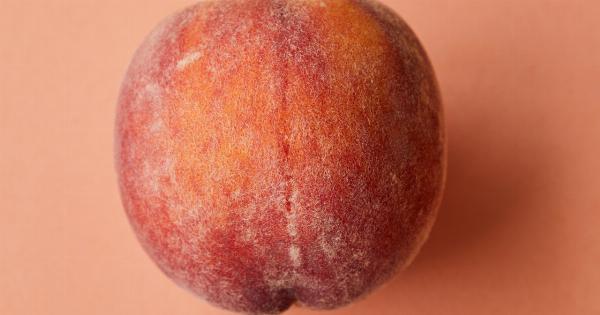Introduction:.
Sugar has long been a favorite among kids, and many parents find themselves battling with their little ones over their insatiable craving for sweets.
But have you ever wondered why children seem to be naturally drawn to sugar? In this study, we will delve deep into the science behind kids’ love for all things sweet and try to unravel the mystery.
The Role of Evolution:
When it comes to understanding kids’ love for sugar, evolutionary biology plays a significant role. Throughout human history, our ancestors sought out sweet foods as they were an excellent source of energy.
In primitive times, finding sugary fruits or honey meant an immediate boost in energy, which was crucial for survival.
Taste Preferences:
Kids’ taste preferences are vastly different from those of adults. Research suggests that children have more taste buds than adults, making them more sensitive to different flavors, including sweetness.
This heightened sensitivity to sweet flavors makes them naturally gravitate towards sugary foods.
Neurological Response:
When kids consume sugar, it triggers the release of dopamine, a neurotransmitter associated with pleasure and reward. This dopamine release reinforces the pleasurable sensation associated with eating sweets, making kids crave sugar even more.
Advertising and Peer Influence:
In the modern digital age, children are exposed to a significant amount of advertising, much of which promotes sugary snacks, cereals, and beverages. Additionally, peer influence plays a vital role in shaping children’s preferences.
When their friends consume sugary treats, children are more likely to desire them as well.
Emotional Connection:
Eating sugar can also provide a sense of comfort and emotional gratification for kids. Many parents reward their children with sweet treats, associating sugary foods with positive emotions.
The psychological connection between sugar and pleasure further strengthens children’s affinity towards sweets.
Influence of Genetics:
Genetics also plays a part in kids’ love for sugar. Some studies suggest that certain genetic variations can make individuals more prone to sugar cravings.
It is possible that children who have an innate preference for sweets may have inherited genes that influence their taste preferences.
Impact on Health:
While it is natural for kids to enjoy sugar, excessive consumption can have detrimental effects on their health. Too much sugar can lead to obesity, dental cavities, and an increased risk of developing chronic diseases later in life.
Parents must strike a balance between allowing their children to enjoy sweets and promoting a healthy, balanced diet.
Strategies for Healthier Eating:
There are various strategies parents can employ to help their children develop healthier eating habits and reduce their sugar intake.
Limiting the availability of sugary snacks at home, offering healthier alternatives, and involving kids in meal planning and preparation can all be effective strategies.
Conclusion:
After examining various factors, it becomes apparent that kids’ love for sugar is not solely fueled by their taste preferences but is also influenced by evolutionary biology, neurological responses, advertising, peer influence, emotional connections, and genetics. Understanding these factors can help parents navigate the challenge of managing their children’s sugar intake while promoting a healthy lifestyle.






























